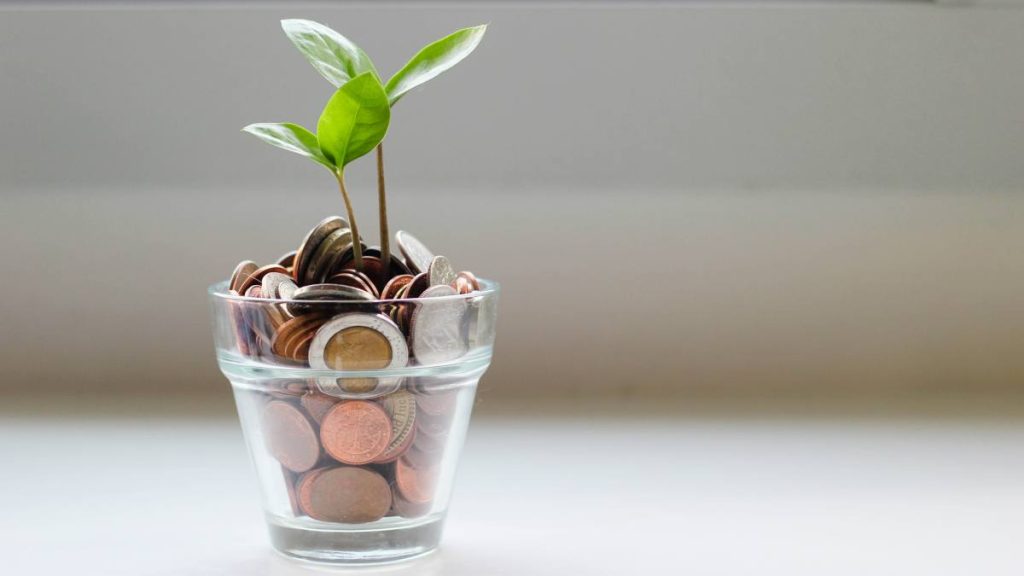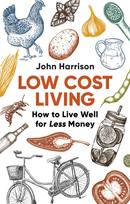Saving money for a goal, such as your dream home or a nice vacation with your family, might seem out of reach when you are first starting out. Nevertheless, there are some great ways to save money on a daily basis by simply replacing some of your habits with better ones or changing one or two things in your daily routine. Improving your financial health doesn’t have to be difficult, regardless of the situation that you are in at the moment, whether you have some debt to pay off or you want to curb your spending habits. Below you will find a few of our best tips and tricks to start saving money on a daily basis.
 Set A Budget
Set A Budget
Firstly, you should start by setting a realistic budget that you can follow every month. Think about your expenses, such as bills and groceries. It may be helpful to use a spreadsheet so that you can get a better understanding of where your money goes on a regular basis. This will allow you to evaluate your spending and start making changes. Once you have set a monthly budget, it’s crucial to develop the discipline to stick to it. It’s often recommended to pay for your day-to-day expenses using cash, as credit card payments can often lead to impulse purchases.
Consider Vaping
Cigarette smoking can make it difficult to save money, as it can be quite expensive. Although it can be difficult to quit, there are other cheaper and safer alternatives that you can try, such as vaping. At Grey Haze, you can browse a variety of disposable vapes. If you are wondering ‘What are disposable vapes?’ and why they have grown so much in popularity, you can find out more thanks to Grey Haze. Disposable vape pens provide much more flexibility than a full reusable vape pen or pod. They are also more cost-effective, making them the perfect option for you if you are looking to save money and curb your smoking habit.
Prepare Your Lunch At Home
You may not realise how much money you are spending every time you go out for lunch with your colleagues, as it might not seem like a lot at the time. However, eating out every day can quickly accumulate over a year, which means that you might be missing out on potential savings. Therefore, it can be beneficial to plan out your meals in advance and focus on cooking at home more often. To begin with, you can start by preparing one or two of your lunches at home and see how that affects your ability to save money.
Avoid Emotional Spending
Emotional spending is something that we’re all guilty of at some point or another, so it’s normal to engage in it every once in a while. Regardless of how good it makes you feel at the time, it’s still important to avoid the temptation to buy things that you don’t need whenever you are feeling upset or frustrated. Remember that there are other ways to deal with your emotions, such as talking to a friend or family member or writing down your thoughts in a journal.
Cancel Unused Subscriptions
Another thing that you may not be aware of is the number of unused subscriptions that you have. For example, if you have paid to use a streaming service to watch one show, you may have forgotten to cancel it afterwards. As a result, you might be paying for something that you are not even using. This is why it’s essential to review your bank statements and see if there is anything that you don’t recognise. Also, you may want to cancel your gym membership and try exercising at home, or stop going to beauty salons and opt for at-home beauty treatments instead.
Get Out Of Debt
It’s crucial to make a plan to pay off your debt as soon as possible to reduce stress and get back in control of your finances. Debt isn’t always a big issue, such as when you want to get a mortgage on your property or use an overdraft on your current bank account. However, sometimes debt can become a problem, if it’s not treated in a responsible way and things spiral out of control. Therefore, it’s advisable to find out where you stand at the moment and get out of debt before you start saving.
Review Your Progress
Finally, take some time each month to review your progress and track your spending. You may also want to write down every expense that you have made, as this way you will be forced to think about it and consider whether it was necessary. It can also be a good idea to delay purchases that you are not completely sure about. Make sure you go through the pros and cons of buying a product or service to decide whether it’s worth investing in it.

